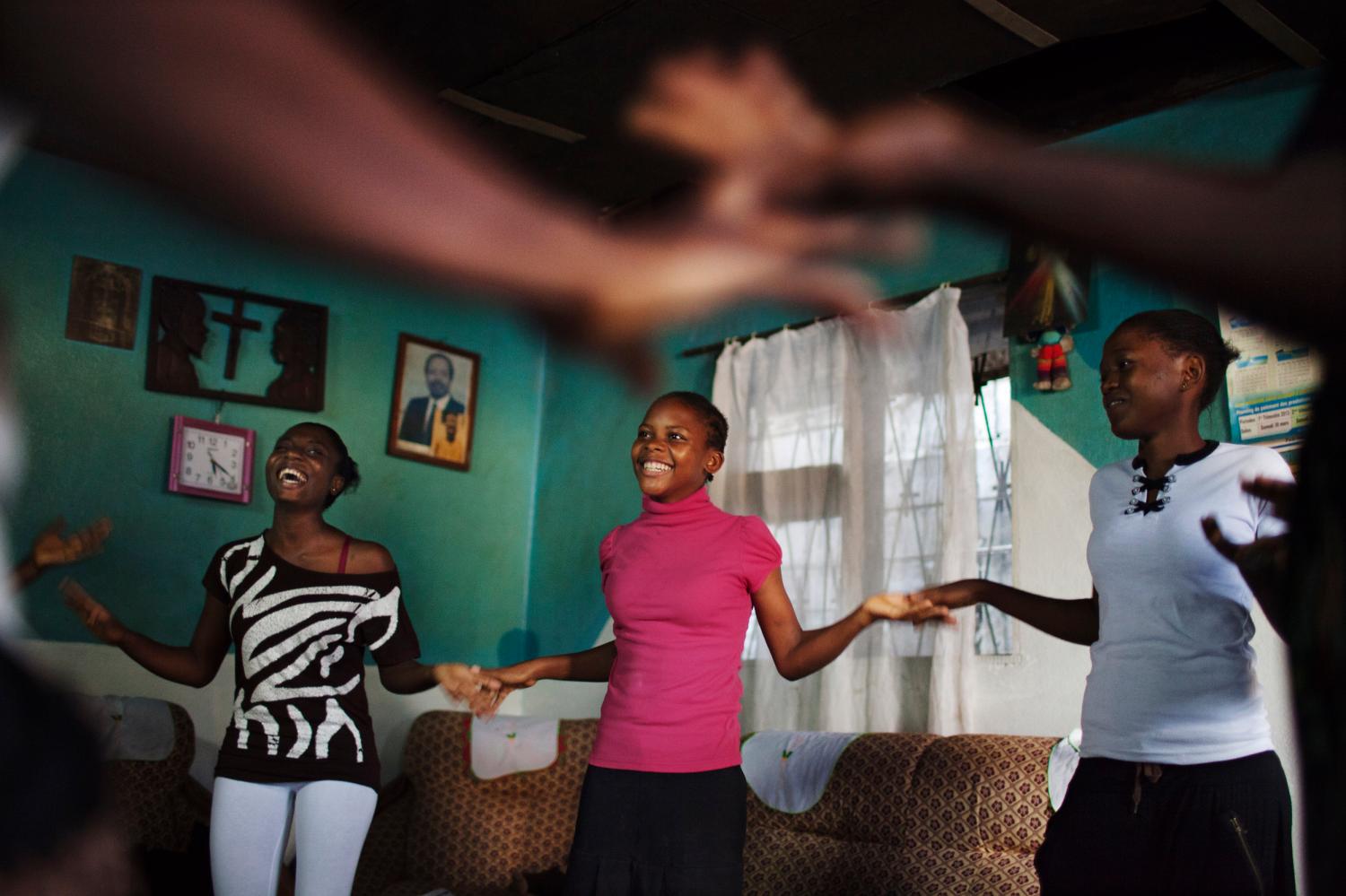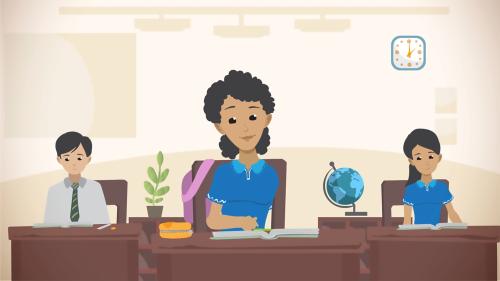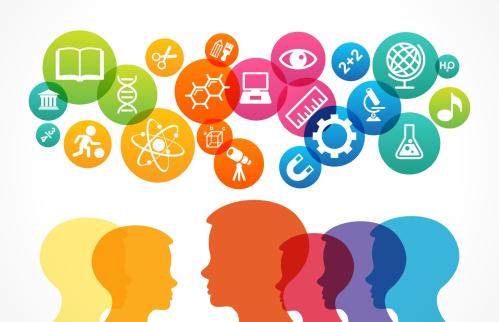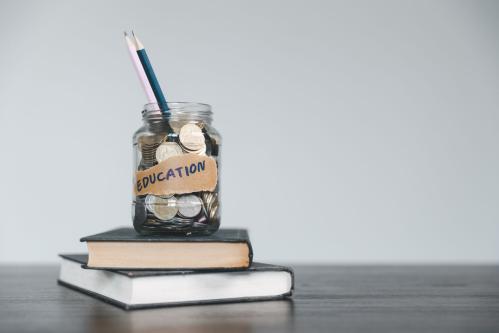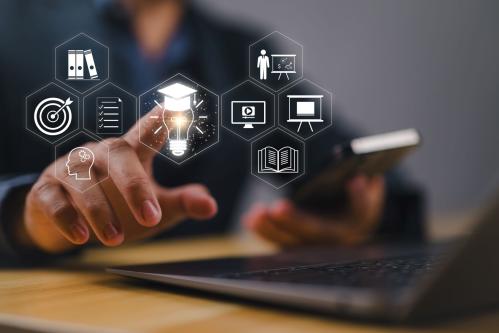This paper draws from evidence of the psychology of learning and theories of gender empowerment to present a framework for girls’ life skills education that links life skills development to wider social change for marginalized girls. The paper offers guidance to program designers and implementers, policymakers, and other girls’ education actors delivering girls’ life skills education programming around the world. The paper first outlines shortcomings in current approaches to girls’ life skills education and then presents the key components and principles of a gender-transformative approach to girls’ life skills education—an approach that goes beyond a focus on individual self-improvement toward a focus on transforming the structures and relations of power perpetuating gender inequality. The paper redefines life skills as a broader set of competencies comprised of knowledge, skills, and attitudes that strengthen over time, across contexts, and through practice and critical reflection. The paper also discusses the important process of translating such competencies into empowered action, and identifies two important mediating factors (opportunity structures and agency) that ultimately influence the outcomes of this process of translation.
Life skills education for marginalized and vulnerable girls around the world is common parlance in the field of girls’ education and in efforts focused on empowering adolescent girls. Research demonstrates that skills like critical thinking, perseverance, and decisionmaking can be important for improving adolescent girls’ education, health, and livelihood outcomes at a time when puberty and the transition to womanhood means an ever-shrinking world defined by strict gender norms, practices, expectations, and opportunities.1 While there is a consensus on the importance of life skills education, there is less consensus on how to design, deliver, and measure effective and empowering life skills education.
At the heart of this conundrum is a lack of attention to social change. Specifically, practitioners often overlook the dynamic and social processes through which life skills development in the individual girl can actually help girls to transform their life outcomes and circumstances. Underlying this gap are three foundational questions: What is the process through which life skills development translates into empowered action—not just action that falls within or perpetuates the status quo, but action that enables them to pursue choices previously denied to them? What are the mediating factors that facilitate this process of translation? And when in a girl’s life course should programs aim to target life skills development?
These questions have remained unanswered largely due to a lack of clarity around what we mean when we talk about life skills.2 A recent review of the literature shows that there are as many definitions of life skills as there are life skills programs (see Appendix 1 for a sample of how girls’ education-focused organizations define life skills).3 Heavy hitters like U.N. Children’s Fund (UNICEF), the U.N. Educational, Scientific and Cultural Organization (UNESCO), the World Health Organization (WHO), and the Organisation for Economic Co-operation and Development (OECD) have developed frameworks and provided lists of the specific skills or categories of skills that should be prioritized. These frameworks and lists provide some answers to the question of what life skills are needed.4 While some such actors view life skills as a range of protective cognitive, economic, social, and developmental assets,5 others have defined them as key sets of information upon which girls may develop the awareness necessary to change their life outcomes. Building on these definitions, we define life skills as the mix of interpersonal, intrapersonal, and cognitive skills (what one has), coupled with knowledge (what one knows) and attitudes (what one believes and values), that constitutes a set of competencies (what one can do) that enable youth to function, thrive, and adapt in their lived realities.
However, the key to moving this work forward is progressing beyond a terminology debate. There needs to be a discussion on the key components and underlying principles of social change for which life skills implementers and policymakers must design. Identifying such core components and principles will enable girls’ life skills practitioners to achieve sustainable transformative outcomes for girls—whatever the definition of life skills or the skills deemed necessary for life. This paper attempts to spark such a discussion by applying evidence, theories, and practice from neuroscience, developmental psychology, and gender empowerment to reconceptualize girls’ life skills education as a process of transformative learning. It proposes a framework that focuses on building the competencies that enable girls (and boys) to not only adapt to and deal with the realities of their gender-unequal environments, but to overcome and transform the obstacles they face in living a successful and meaningful life as equal human beings. In short, we bring science and gender perspectives to the skills discussion to offer a more comprehensive approach to thinking about both the whats and hows of life skills.
Since each life skills implementer operates in a unique context and within distinct program objectives, this paper does not attempt to prescribe an implementation pathway. Rather, it aims to provide life skills implementers with a common framework from which to design holistic life skills programming that purposefully links life skills development to transformational action and social change for girls that is contextually relevant. And while our work is focused on girls, the key components and underlying principles discussed are applicable to life skills programming targeting boys specifically, or marginalized youth in general.
In the sections to follow, we provide an overview of the trends and gaps in girls’ life skills programming before introducing the key components and underlying principles to a transformative approach to girls’ life skills education. These components include life skills—conceptualized as knowledge, skills, and attitudes (KSAs)—as well as factors like opportunity structures and agency that mediate the translation of competencies—conceptualized as networks of KSAs—into empowered action. The paper also emphasizes the continuous, dynamic, and non-linear nature of life skills development, and the interdependent relationship between the individual and her context in determining the possibilities for change in her life outcomes.

